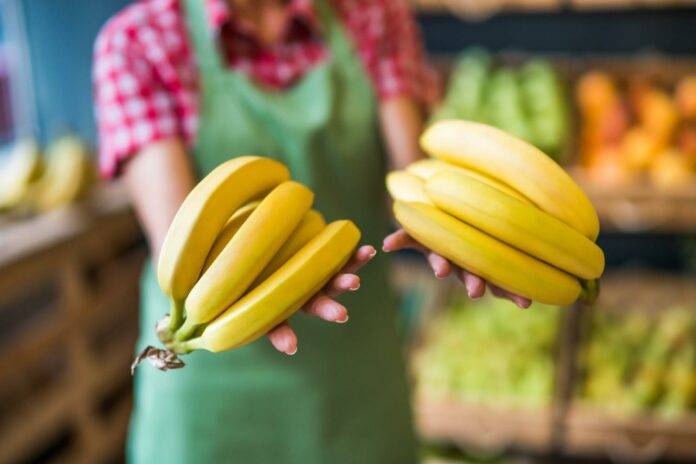The Banana Association of North America (BANA) recently made an announcement that has raised concerns in the fruit industry. According to BANA, the cost of bananas in America could potentially increase by $250 million annually due to the 10% reciprocal tariff imposed by the Trump administration on April 5. Tom Stenzel, the executive director of BANA, emphasized that imposing tariffs on bananas is illogical since they cannot be commercially grown in the U.S. due to unfavorable weather conditions.
In an interview with FreshFruitPortal.com, Stenzel highlighted the importance of bananas in the U.S. market, noting that they are the most-consumed fruit in the country with high household penetration. He also expressed concerns about the impact of tariff increases on consumers, as the U.S. imports a significant volume of bananas, and any rise in tariffs would inevitably lead to higher prices for consumers.
Stenzel pointed out that the U.S. maintains a positive trade balance with banana-exporting countries in Latin America, making the inclusion of these countries in the tariff policy even more puzzling. He emphasized the need to avoid tariffs on bananas and other tropical fruits that cannot be grown domestically.
The uncertainty surrounding the situation has led to speculation about potential consequences such as a decrease in export volumes from Latin America if prices rise and consumers reduce their banana purchases. Stenzel acknowledged the possibility of growers shifting their focus to other markets like Europe but emphasized that such transitions would not happen immediately.
Despite the concerns raised by the tariff policy, Stenzel mentioned that retailers in the U.S. have not yet raised the prices of bananas. He expressed support for the Trump Administration’s efforts to promote fair trade for American businesses but urged the administration to consider the unique role of bananas and tropical fruits in the market and the negative financial impact that tariffs could have on consumers.
As the industry awaits further developments from the White House, stakeholders in the banana industry remain hopeful that tariffs will not be a long-term issue. The potential implications of the tariff policy on the fruit industry have raised concerns among industry players, who are closely monitoring the situation for any new developments.
In conclusion, the impact of tariffs on bananas in the U.S. market could have significant repercussions for consumers, growers, and exporters. The ongoing uncertainty surrounding the tariff policy has created a sense of unease within the industry, with stakeholders hoping for a resolution that will benefit all parties involved. Stay tuned for updates on this evolving situation as the fruit industry navigates through the challenges posed by trade policies.



